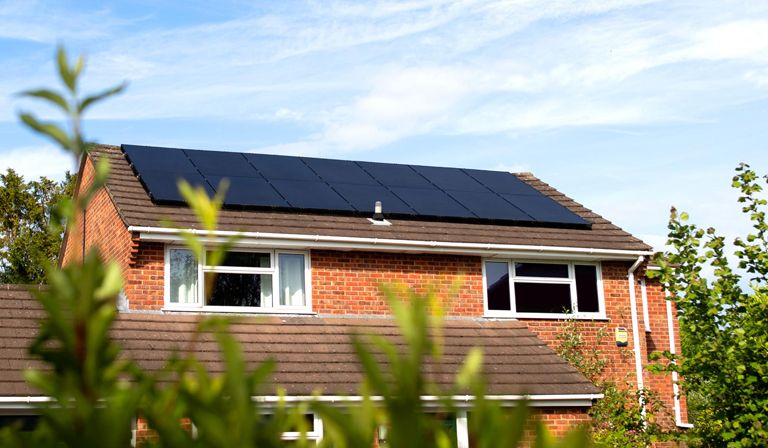The government is rightly eager to secure public support for its net zero ambitions, promising that its Clean Power 2030 plans will lower energy bills by £300. These savings could become reality for those able to pay the upfront costs for home insulation, electric vehicles, heat pumps and solar panels.
However, many households are unable to access these technologies, resulting in those already struggling financially having to spend a growing share of their income on the escalating costs associated with achieving net zero, without seeing any of the benefits.
To date, we have yet to witness the kind of bold and ambitious policy proposals that would bring about real, meaningful change. For example, community benefit funds from renewable developers, while positive in principle, do little to alleviate costs for those in fuel poverty. Similarly, removing VAT from energy bills would save households only around £7 per month, a modest sum compared to the scale of the challenge.
Proposals to offer annual discounts for heat pump installation mostly help those who can already afford the high upfront costs. Heat pumps also cost about £400 more per year to run than gas boilers and require continuous operation, creating both behavioural and financial challenges.
If we are serious about creating an equitable and inclusive transition, we must confront these inequalities head-on. In this context, empowering households to generate and store their own energy is the most effective way to lower bills. Rooftop solar panels and battery systems, for example, can supply up to 70 per cent of a home’s energy needs, delivering significant reductions in energy costs.
Of course, the government’s commitment to a rooftop solar revolution is welcome, but it must now address the barriers that prevent everyone from benefiting.
Although finance options exist for homeowners and businesses, those in rented accommodation or with poor credit face a different reality. Efforts should focus on supporting these groups, providing access to solar PV and battery systems in both social and private rented sectors. This would help level the playing field for those who will be paying the full cost of net zero but currently gain no financial benefit.
To learn more about Utilita’s solar offering, visit home.utilita.co.uk/solar












